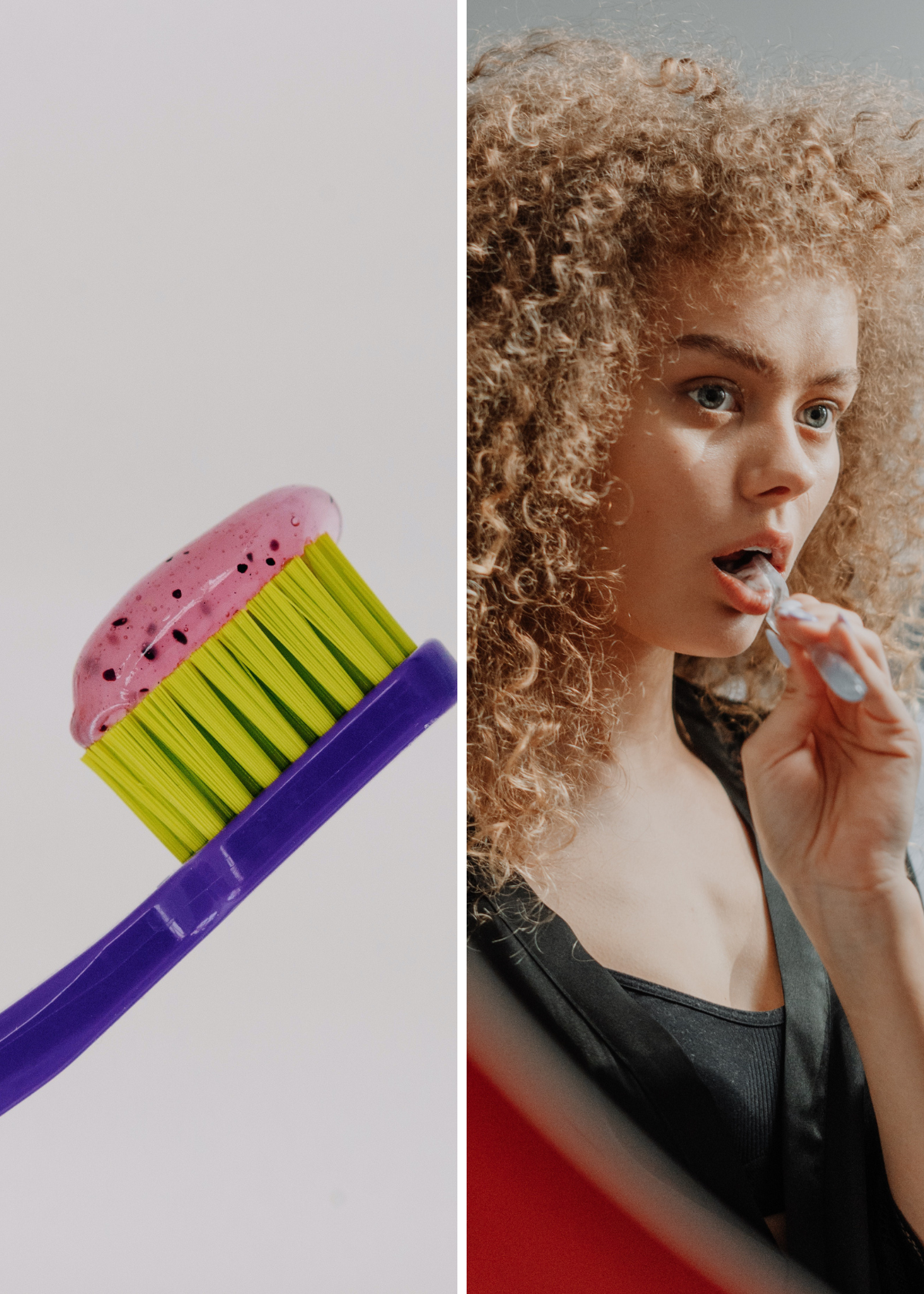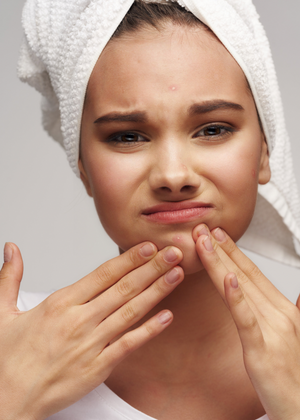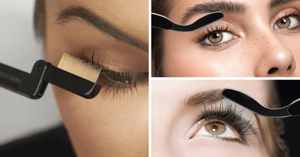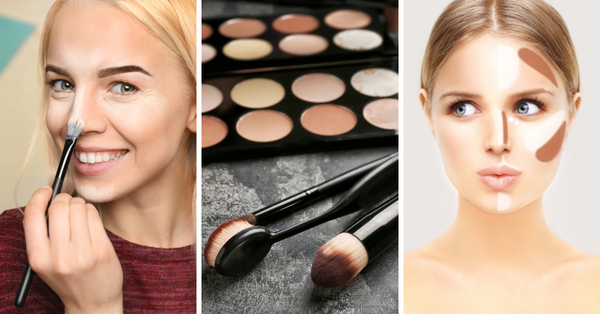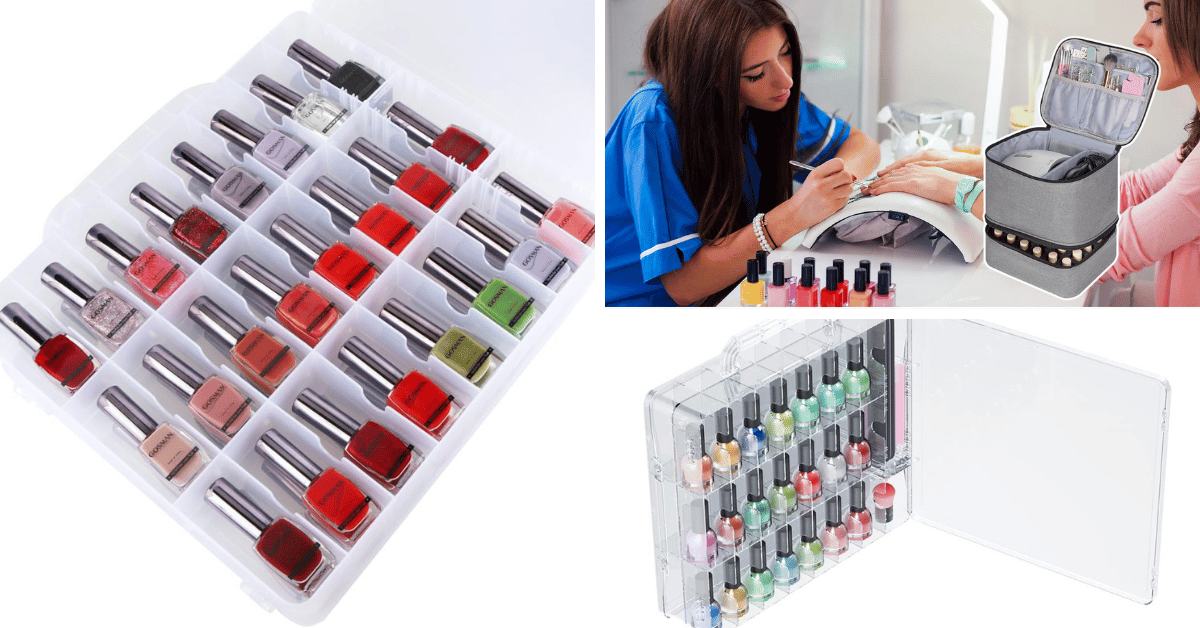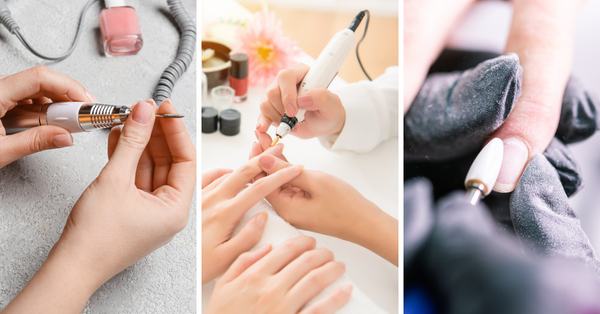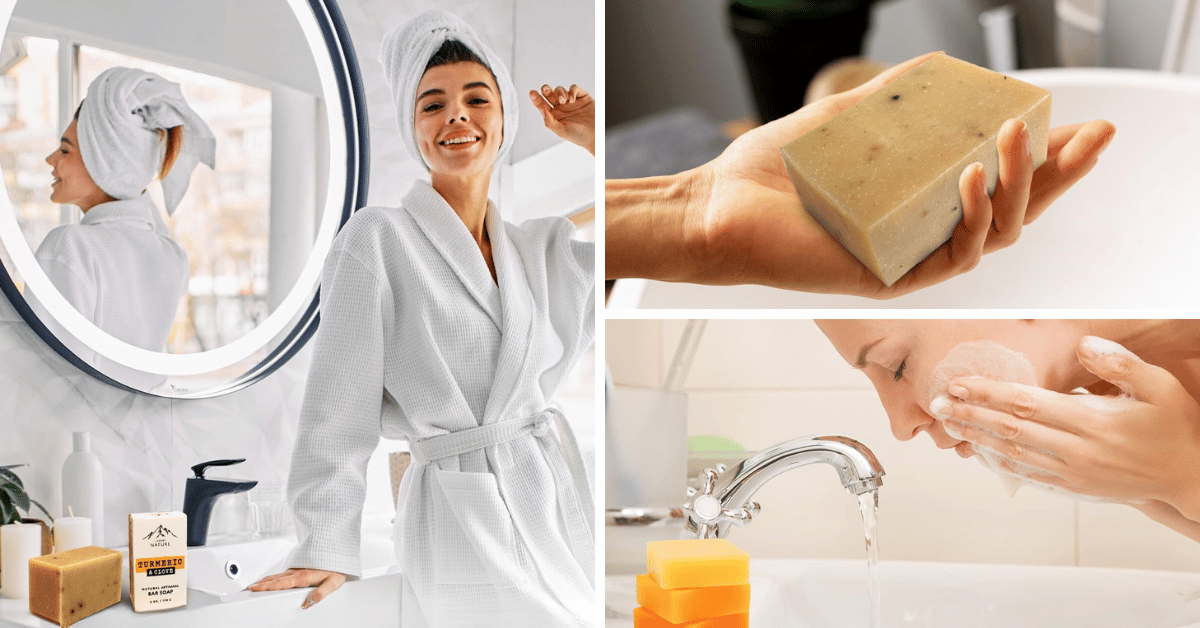Are you looking for a toothpaste that can help combat bad breath?
Bad breath is a common complaint that people have about their teeth.
If you're looking for a toothpaste that can help, then you've come to the right place!
In this blog post, we will be discussing our top picks for the best toothpaste for bad breath.
We'll also provide you with some helpful tips on how to use them!
You deserve to have fresh and confident breath all day long.
With one of our top-rated toothpastes, you can easily achieve this goal!
How We Choose
Bad breath is embarrassing and it's hard to know which toothpaste is the best for fixing it.
Not only do you have to worry about your breath smelling bad, but you also have to worry about the health of your teeth and gums.
Poor oral hygiene can lead to all sorts of other problems like gum disease, cavities, and even heart disease!
We've read through thousands of reviews to find the best toothpaste for bad breath.
Our top picks is help fight plaque and gingivitis, help remove surface stains, and some have a refreshing mint flavor that leaves your mouth feeling clean and fresh all day long.
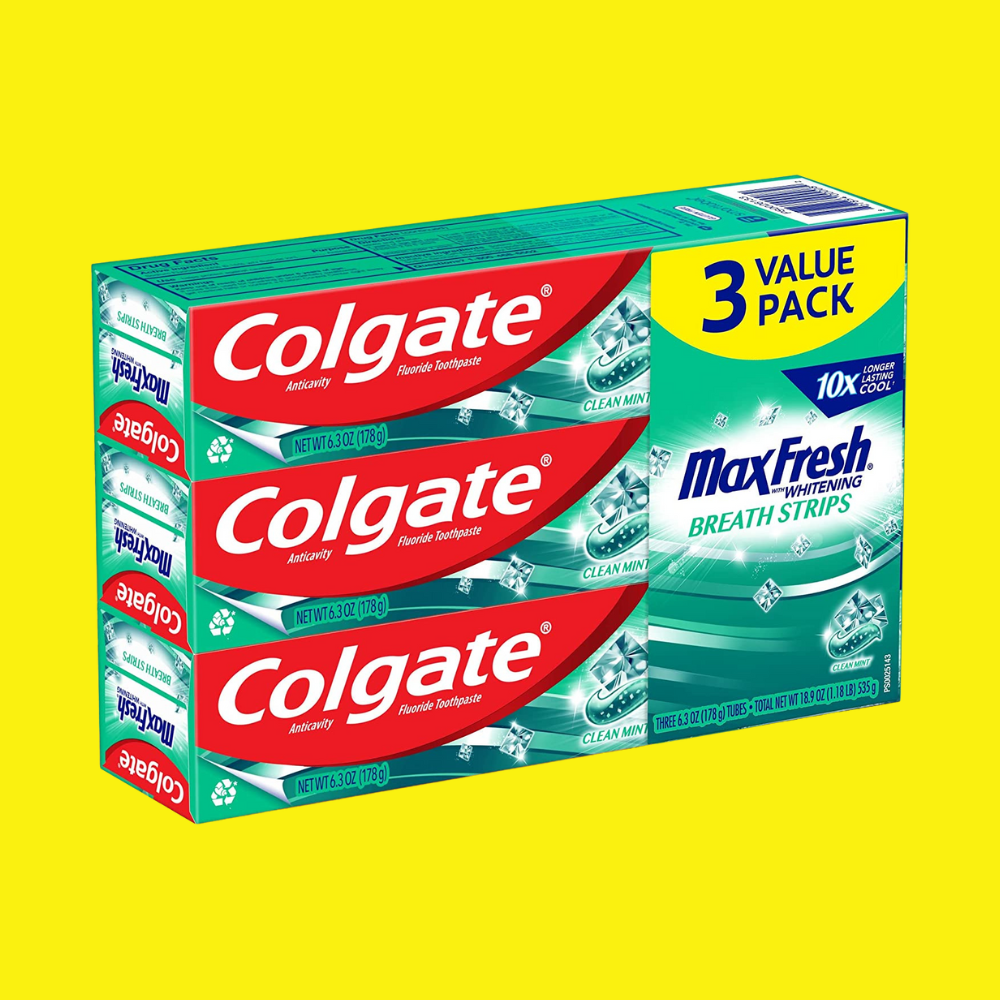
Colgate Max Fresh with Whitening Toothpaste
How To Apply: Brush teeth thoroughly, preferably after each meal or at least twice a day, or as directed by a dentist or physician.
Wondering Why We Love It
Looking for a toothpaste that will keep your breath fresh all day long?
Look no further than Colgate Max Fresh with Whitening Toothpaste.
This unique toothpaste is packed with hundreds of mini breath strips that deliver long-lasting freshness.
And it's not just great for your breath - the fluoride toothpaste formula fights cavities while the teeth whitening toothpaste removes surface stains for a brighter smile.
Plus, it comes in a cool mint gel flavor that will leave your mouth feeling refreshed and clean.
Choose Colgate Max Fresh with Whitening Toothpaste for unbeatable freshness that lasts all day long.
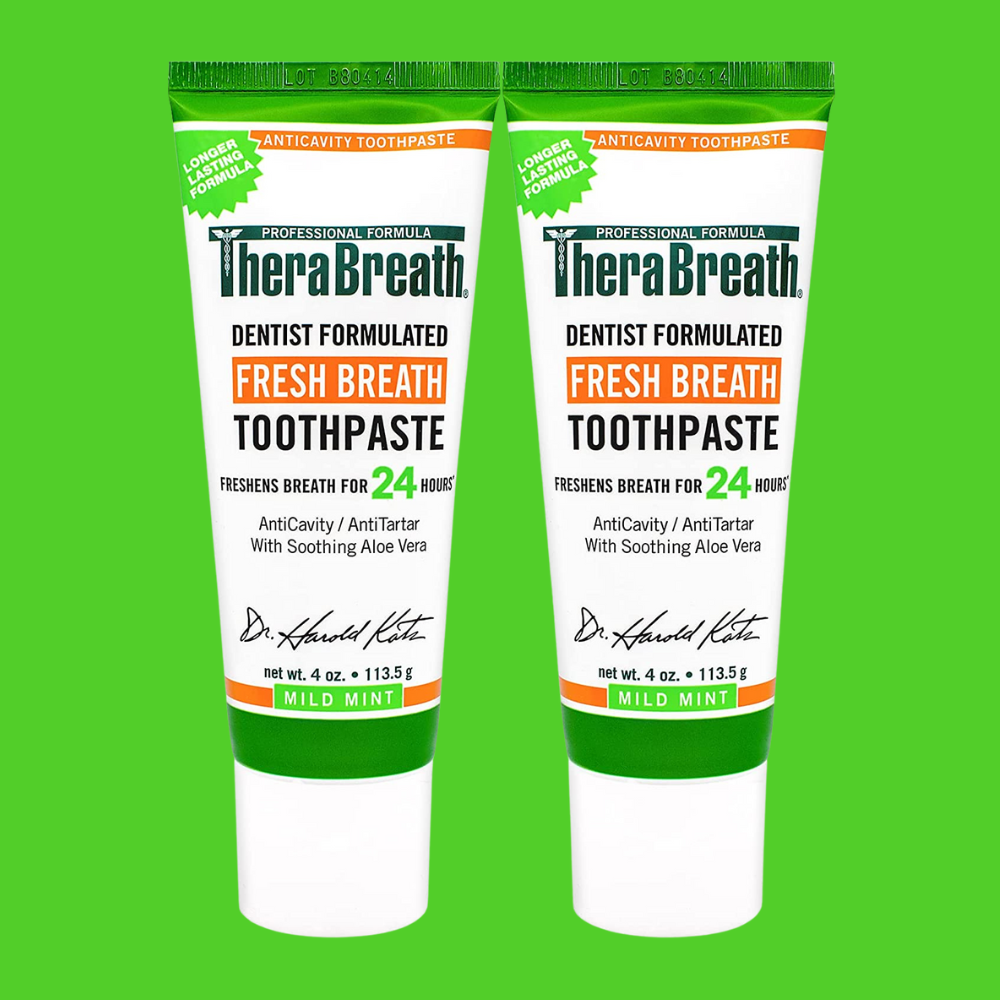
TheraBreath Fresh Breath Dentist Formulated 24-Hour Toothpaste
How To Apply: Brush teeth thoroughly, preferably after each meal or at least twice a day, or as directed by a dentist or physician.
Wondering Why We Love It
Looking for a toothpaste that will keep your breath fresh for 24 hours?
Look no further than TheraBreath!
This dentist-formulated toothpaste uses powerful oxygenation to attack bad breath at the source, while also helping to control plaque, tartar, and cavities with fluoride.
Plus, it's gentle on your teeth and gums and free of harsh detergents, triclosan, and artificial flavors.
Whether you're dealing with occasional bad breath or chronic halitosis, TheraBreath has a solution for you.
And because it's made by dental experts, you can trust that it's gentle enough for everyday use. So why wait?
Give TheraBreath a try today and see the difference!
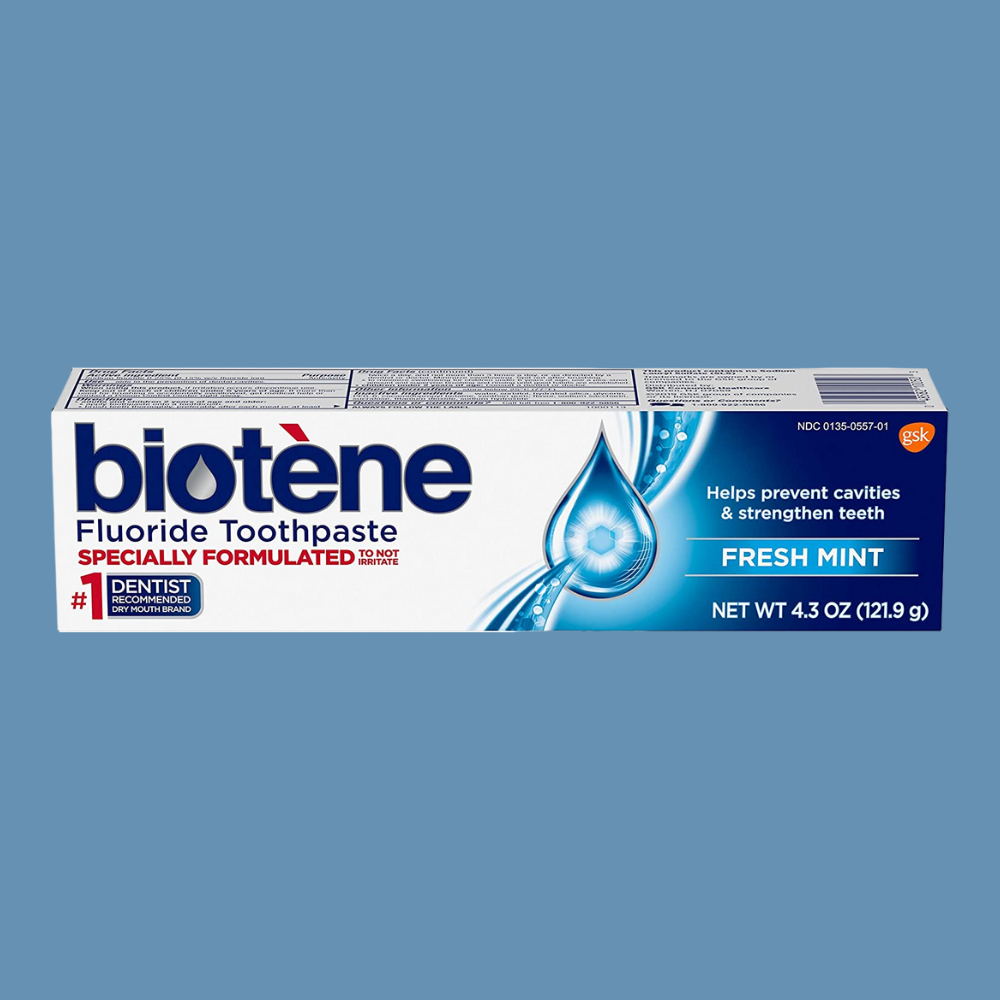
Biotene Fluoride Toothpaste
How To Apply: Brush teeth thoroughly, preferably after each meal or at least twice a day, or as directed by a dentist or physician.
Wondering Why We Love It
Looking for a toothpaste that's gentle on your mouth and helps freshen your breath?
Look no further than Biotene Fluoride Toothpaste.
This toothpaste is ideal for those who suffer from dry mouth symptoms, as it is non-irritating and alcohol free.
It also contains fluoride to help protect against cavities and strengthen teeth.
Plus, the fresh mint flavor will leave your mouth feeling refreshed and minty-cool.
Simply brush with Biotene toothpaste at least twice daily as part of your oral hygiene routine.
Comes in a handy toothpaste tube that's easy to store.
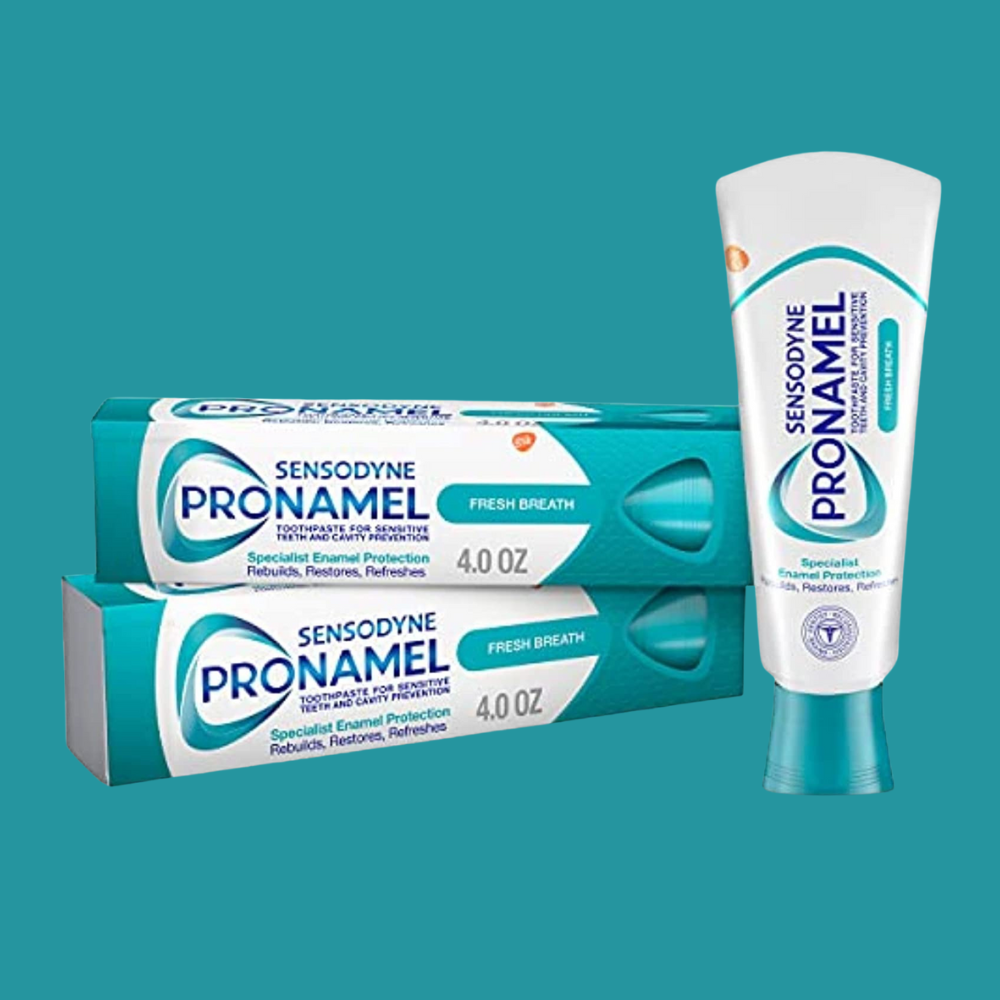
Sensodyne Pronamel Fresh Breath Enamel Toothpaste
How To Apply: Brush teeth thoroughly, preferably after each meal or at least twice a day, or as directed by a dentist or physician.
Wondering Why We Love It
Looking for a toothpaste that does it all?
Meet Sensodyne Pronamel Fresh Breath Enamel Toothpaste!
This powerhouse formula is specially designed to protect your teeth from acid erosion, sensitivity, and cavities.
This Fresh Breath Toothpaste is made with strong enamel-fortifying ingredients, it helps to reharden and strengthen your teeth against the everyday effects of acidic foods and drinks.
Plus, the fresh minty flavor will leave you feeling confident and refreshed all day long.
Don't let sensitive teeth hold you back from enjoying your favorite foods and drinks - grab a tube of Sensodyne Pronamel Fresh Breath Enamel Toothpaste today!
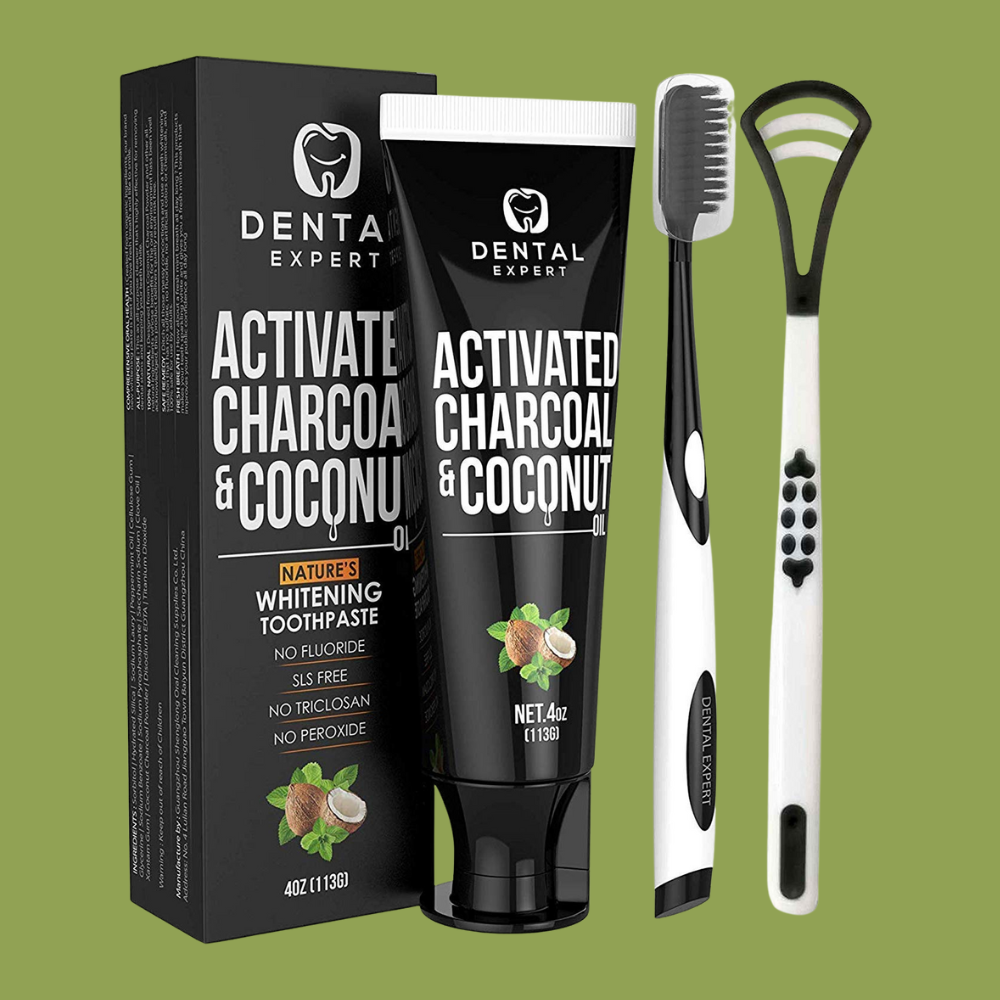
Dental Expert Activated Charcoal Teeth Whitening Toothpaste
How To Apply: Brush teeth thoroughly, preferably after each meal or at least twice a day, or as directed by a dentist or physician.
Wondering Why We Love It
The Dental Expert Activated Charcoal Toothbrush and Toothpaste are exactly what you need to get your teeth looking their best!
The ultra-fine bristles on the toothbrush remove all debris and stains, while the activated charcoal toothpaste safely and effectively whitens teeth.
Plus, the toothpaste is perfect for getting rid of bad breath, stains, and discoloration.
So you can feel confident that your smile is looking its best – and that you have minty-fresh breath all day long!
Complete your dental care kit with a tongue cleaner, to make sure your tongue is thoroughly clean and free of bad breath-causing dirt.
With the Dental Expert Activated Charcoal Toothbrush and Toothpaste, you'll have everything you need for a bright, white smile that feels amazing!
The Conclusion
If you’re one of the many people who suffer from bad breath, don’t worry, you’re not alone.
In fact, according to the American Dental Association (ADA), over 50% of adults in the United States say that they have had halitosis at some point in their lives.
The good news is that there are plenty of options available to help fight bad breath and keep your smile looking sparkling clean and smelling fresh all day long.
However, with so many different toothpastes on the market, it can be hard to know which product is right for you.
That’s why we’ve done the research for you and compiled a list of what we believe are the best toothpastes for bad breath currently available.
So check out our top picks and see for yourself which one works best for you!
Best Toothpaste For Bad Breath FAQ
Can A Bacterial Infection Cause Bad Breath?
Yes! A bacterial infection in your mouth can cause bad breath. In fact, halitosis (bad breath) is the second most common symptom of gum disease, after tooth decay.
Bad Breath Causing Bacteria that live in your mouth digest the food particles left on your teeth after you eat. The bacteria produce a waste product called volatile sulfur compounds (VSCs), which are responsible for bad breath. VSCs are formed when proteins in food break down and release sulfur molecules.
If you have gum disease, the harmful bacteria can also invade the gums and bone around your teeth, causing inflammation and irritation. This can lead to tooth loss and even heart disease if it's not treated. So if you've been having trouble with bad
Bad Breath Bacteria can also be caused by other factors, such as smoking, eating certain foods, and dry mouth. If you have persistent bad breath, it's important to see your dentist so that he or she can determine the cause and recommend treatment for the odor causing bacteria.
Why Do I Still Have Morning Breath After Brushing My Teeth?
There are a few reasons why you might still have morning breath after brushing your teeth. One possibility is that you're not brushing your teeth for long enough. You should be spending at least two minutes brushing your teeth twice a day. If you're not doing that, then you're probably not getting all the plaque and bacteria off of your teeth.
Another possibility is that you're not using enough toothpaste. You should be using at least a pea-sized amount of toothpaste each time you brush. If you're not doing that, then you're probably not getting all the plaque and bacteria off of your teeth.
Finally, it's possible that you have some kind of dental problem, like gum disease.
Which Toothpastes Contain Sodium Lauryl Sulfate?
Sodium lauryl sulfate (SLS) is a chemical compound found in many toothpastes. It's responsible for the foaming action that helps to clean teeth and remove plaque. While SLS is generally considered safe, some people may experience skin irritation or mouth ulcers after using toothpastes that contain it.
If you're looking for a toothpaste that doesn't contain SLS, there are several options available. Many "natural" or "organic" toothpastes don't contain the compound, and there are also a number of brands that offer SLS-free versions of their products. just be sure to check the ingredients list before purchasing!
What Toothpaste Gives The Freshest Breath?
There are a few toothpastes on the market that promises fresh breath. However, the most important factor in having fresh breath is making sure you're brushing your teeth regularly and correctly.
Some people find that using a toothpaste with baking soda or peroxide helps freshen breath, while others prefer a mint-flavored toothpaste. It's really up to personal preference which one you choose. Just make sure you're using a toothpaste that has the American Dental Association (ADA) seal of approval, and be sure to brush your teeth for two minutes at least twice a day.
Can Toothpaste Fix Sensitive Teeth?
Toothpaste can help alleviate tooth sensitivity to some extent, but it may not completely fix the problem. Most toothpaste brands offer a variety of options specifically formulated for sensitive teeth. These toothpastes usually contain ingredients like potassium nitrate or strontium chloride, which help block the nerve endings in the teeth and reduce sensitivity. Using such toothpaste regularly can provide temporary relief and make your teeth less sensitive over time.
However, it is important to note that tooth sensitivity can have various underlying causes, such as enamel erosion, gum recession, or dental decay. Toothpaste alone may not be able to address these issues effectively. It is advisable to consult a dentist who can diagnose the root cause of your sensitivity and recommend appropriate treatment options. In some cases, additional treatments like desensitizing gels or dental procedures may be necessary to fully resolve tooth sensitivity.


